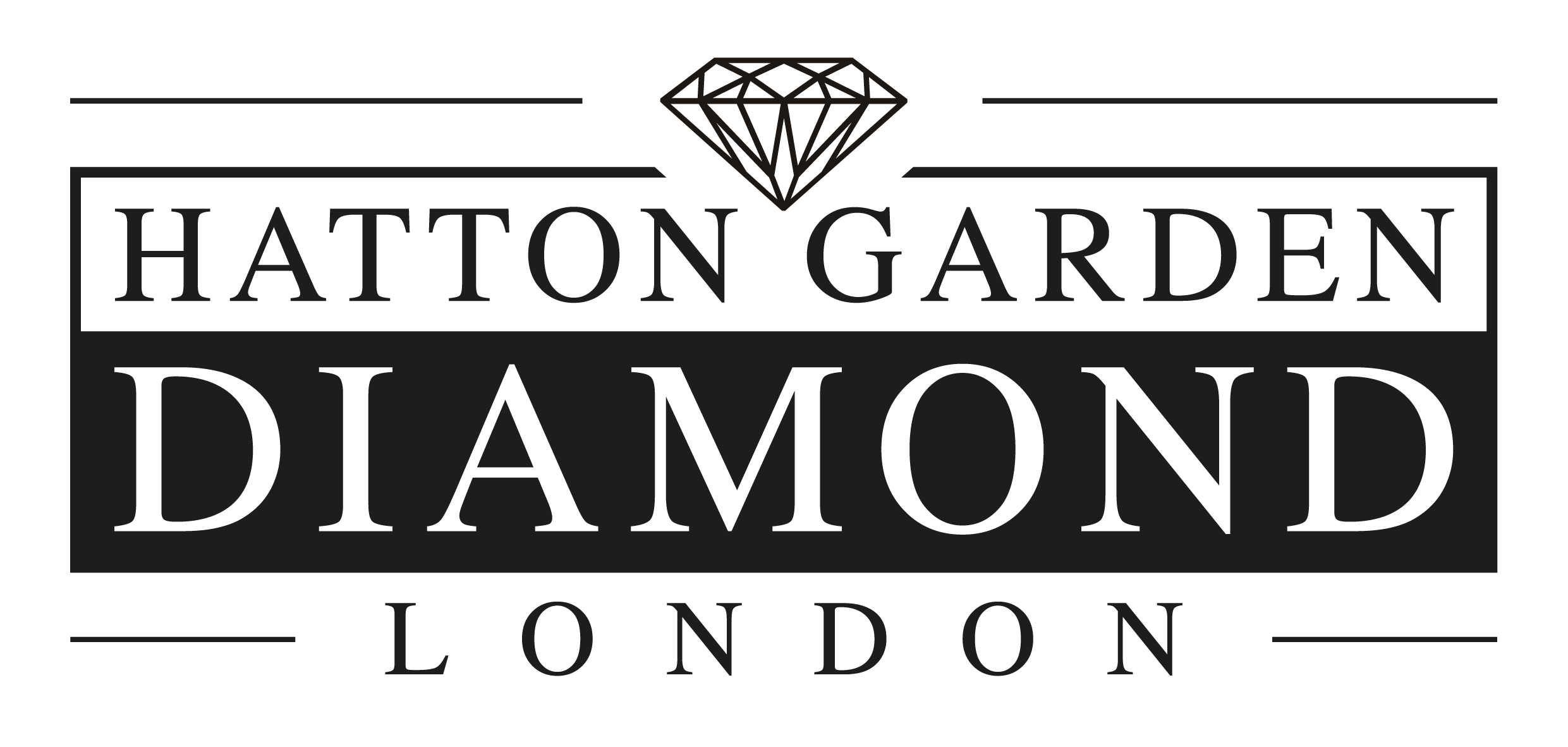Guides
Designing a Vintage Inspired Ring
If you want to blend tradition and modern, a vintage inspired ring is the perfect way to go. We offer a full bespoke ring service and can make a piece suited exact to your needs and budget. So if you’re thinking of going vintage here are some elements to think about when coming up with your design.
The Band
Gold, and in particular, yellow gold was very popular and can be often seen in vintage rings. However, pink rose gold can feature fairly frequently amongst vintage styles too. Other popular features you can add to a traditional diamond engagement ring is by incorporating a hand engraved band. You’ll often find what is called filigree detailing on a vintage ring that has been created by hand. Because of this, each ring is unique and won’t be perfectly symmetrical on both sides of the stone. These finely crafted details definitely add to your ring’s heirloom potential!
Shoulder diamonds, like the tapered baguettes like in the ring below, fit well with the more blocky diamond cuts, which also feature heavily in vintage rings. Named for the French word baguette, which means “long rod,” this cut became popular during the 1920′s, an era when the Art Deco movement encouraged geometric shape and symmetrical flow. Baguette cut diamonds tend to be small rectangular shaped diamonds commonly used as shoulder stones. They have very limited faceting and as a result are extremely clear stones.
Diamond Cuts, Fancies And Coloured Gemstones
Arguably the most defining feature of any ring – is the cut of the stone. As with any accessory or jewellery, trends come and go and then come back again. Asscher cuts for example, may not be all the rage at this moment, but have been extremely popular before. Due to the Art Deco movement, the blockier, square/rectangular cuts are a prominent feature of many vintage rings. Go for cuts such as emeralds, cushions, and asschers for a solid 1920’s style. However, for those not a fan of such angular cuts can also opt for a marquise or pear which still offer the glamour of vintage style.
It is much more common to find coloured gemstones in vintage engagement rings, such as rubies, emeralds and sapphires – either as the centre stone or as accents. This of course is very different to most modern engagement rings which feature white diamonds as their centre stones. However, if you still have your heart set on a diamond but with a vintage twist, diamonds don’t have to clear! Coloured diamonds, also known as ‘fancies’ are great for creating a unique stand out ring and come in a range of colours. For example this bespoke pear cut fancy ring is a perfect example of creating that vintage inspired style. To find out more on fancy diamonds click here.
Pearls, although not a diamond or gemstone could be another feature to consider in your jewellery piece. Though sliding more towards antique than vintage, they were popular with brides around the Art Nouveau period.
Settings
Sometimes all it takes for your ring to have a vintage inspired vibe is a classic setting. There are a few settings that are synonymous with vintage style. The three stone setting is one of them. Rings have been made in this setting from the Georgian era to the present. As the name implies, the three stone setting features three stones. The centre stone which is often the largest is flanked by smaller diamonds or coloured gemstones. The 4-prong square setting is the more popular and modern of the settings. It’s rise to stardom began during the Art Deco period and has continued to today. This type of setting shows the most surface area of the diamond which gives light many entry points, good for getting that sparkle!
So there are just some of the features to consider when designing a vintage inspired ring. It is entirely up to you how much you want to incorporate these into your own design, but we are here to guide and advise ever step of the way. Our bespoke ring service means that you can design every detail and we provide CAD mock ups so you can check and revise. If you’re interested or have any questions don’t hesitate to get in touch using the form below.
